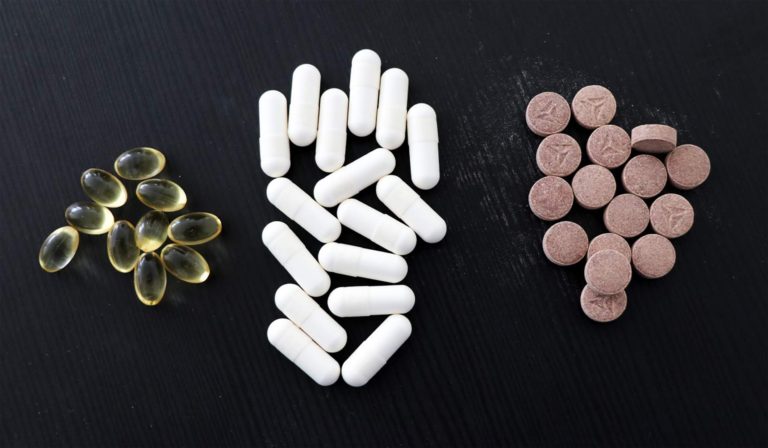It is always tempting to think that if a little is good, then more must be so much better! Unfortunately, this principle does not always apply, particularly with regards to vitamin and mineral supplements.
As a dietitian working in private practice, I see many patients who are taking so many supplements that I question not only what it is doing to their health and well-being, but what are the financial costs involved. I am also seeing people display the same symptoms with excess levels for some nutrients that are usually associated with signs of deficiency. In fact, just because something is natural, does not mean that it is without potential adverse side-effects. With excess also comes the potential for “over correction” and possibly affecting the overall balance of a person’s nutritional status.
More is not better for high doses of vitamin C which at excessive levels can cause diarrhoea, kidney stones and affect the results of the Faecal Occult Blood Test (FOBT) the Australian Government’s initiative to detect early bowel cancer. Similarly, very high doses of vitamin E, the fat-soluble antioxidant has been associated with both increased risk of cardiovascular disease and mortality in clinical trials (ATBC and HOPE studies). Although selenium too is important to many biological functions, clinical trials such as the SELECT trial have never been able to replicate its anti-carcinogenic potential. Very high levels of folic acid can also mask vitamin B12 deficiency, which can be a serious form of anaemia.
While we are starting to understand a little of the complexities of minerals and vitamins and their inter-relationships in general, it is still largely unchartered territory in terms of cancer patients. And with regards to the little brown supplement bottles containing unlisted, unmeasured and untested herbal ingredients, this is a black hole in the area of health and evidence-based care.
A recent episode of the program “Insight” highlighted the expansive market of alternative medicine and vitamin supplements (billions of dollars are spent on these annually in Australia) and the great divide in attitude between those supporters of this option versus the medical profession who are bound by the evidence-based science and “doing no harm.”
Perhaps a good way forward is to keep the dialogue going between patients and their medical team about supplement use, and if people are contemplating taking minerals and vitamin supplements a couple of useful and discriminating check points could include asking:
- who is making the recommendations for the mineral and vitamin supplements?
- what are their qualifications/training for such recommendations, particularly, with regards to your medical condition/health needs?
- have they checked your baseline measures to see if they are necessary in the first place?
- Do they recheck measures intermittently to see if they are still necessary?
- and are these practitioners prepared to engage with your medical team to discuss their supplement advice for your care?


